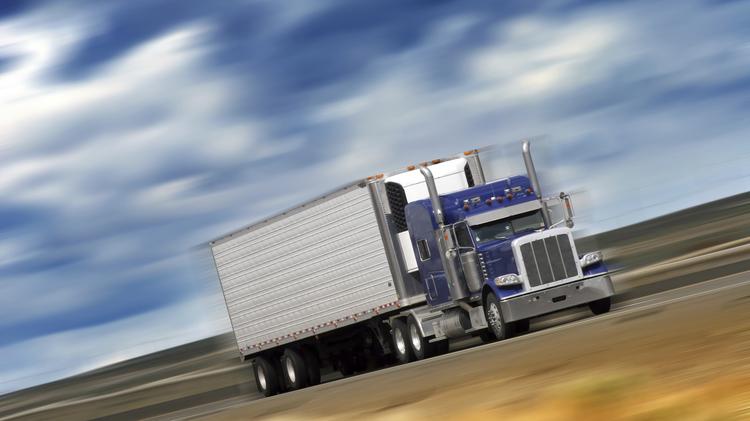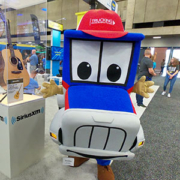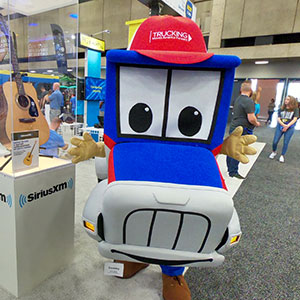Memphis Business Journal: Trucking: The lifeblood of Tennessee’s economy
Trucks — we see them every day on Tennessee roads. We ride alongside them on the highway. And we see their trailers, decorated with the logos of nearly every major industry that moves goods and services across our country.

And yet, many of us don’t make the connection that these trucks are delivering something that we’ll use today and rely on tomorrow: food on our tables, medicine to stay healthy, equipment for our military and the clothes on our backs.
Trucking is the only industry that directly ships to every community in America, rain or shine. This week, we are taking some time to thank these drivers for all they do each and every day.
National Truck Driver Appreciation Week is not just a week to recognize professionals in the trucking industry but to honor professional drivers who are the backbone of America’s economy. Many might be surprised to learn that more than 91 percent of Tennessee communities depend exclusively on trucks to move their goods. Fewer trucks on the road would result in more expensive products, less interstate commerce and slower deliveries. Remove trucking altogether, and essential cargo would not arrive to our doorsteps at all.
Trucking is not only connecting the country and delivering goods that keep us healthy and comfortable, it’s also an economic engine that is valuable to our country and our state in many ways.
Here in Tennessee, the trucking industry means jobs. It accounts for about 180,900 of them — nearly one out of every 13 jobs in the state and a substantial portion of the nearly 7 million people employed nationwide in trucking jobs. Of Tennessee’s total industry jobs in 2013, truck drivers alone — whether heavy, tractor-trailer or delivery — made up nearly 74,350 jobs.
In Tennessee, the trucking industry is strengthening small businesses — an ever-important element of our local economy and arguably the most important part of our nation’s long-term economic stability. As of last April, there were more than 10,000 trucking companies located in our state, and most of them are small, locally owned businesses with fleets of 15 trucks or fewer.
The industry also helps other businesses stay efficient by delivering essential products that move our communities and families. Trucks transport 70 percent of the total manufactured tonnage in America — 11 billion tons of freight each year. Trucking helps other state businesses stay efficient by delivering those essential products that all of us need. Trucks transport 80 percent of total manufactured tonnage in the state — 626,633 tons per day.
The Volunteer state’s trucking industry keeps the larger, state-wide economy moving, allowing our businesses to prosper, to the benefit of business owners, employees, and consumers of all stripes. Total trucking industry wages paid in Tennessee for 2013 exceeded $7.7 billion. This economic activity brings in almost $596 million in federal and state roadway taxes. The industry paid 36 percent of all taxes owed by Tennessee motorists, despite trucks representing only 9 percent of vehicle miles traveled in the state.
Add these benefits together, and trucking is one of our best-kept secrets, driving our nation’s economy forward with every delivery. But such a vital economic driver doesn’t need to be and shouldn’t be a secret here in the Volunteer State, or anywhere. So next time you’re out on I-40 and a tractor-trailer passes by, or you’re at the local grocery as a truck docks in the delivery bay, you’re not just looking at an impressive 18-wheeler traveling the road with food that will stock the shelves; you’re looking at a vital machine that powers Tennessee’s economy.





